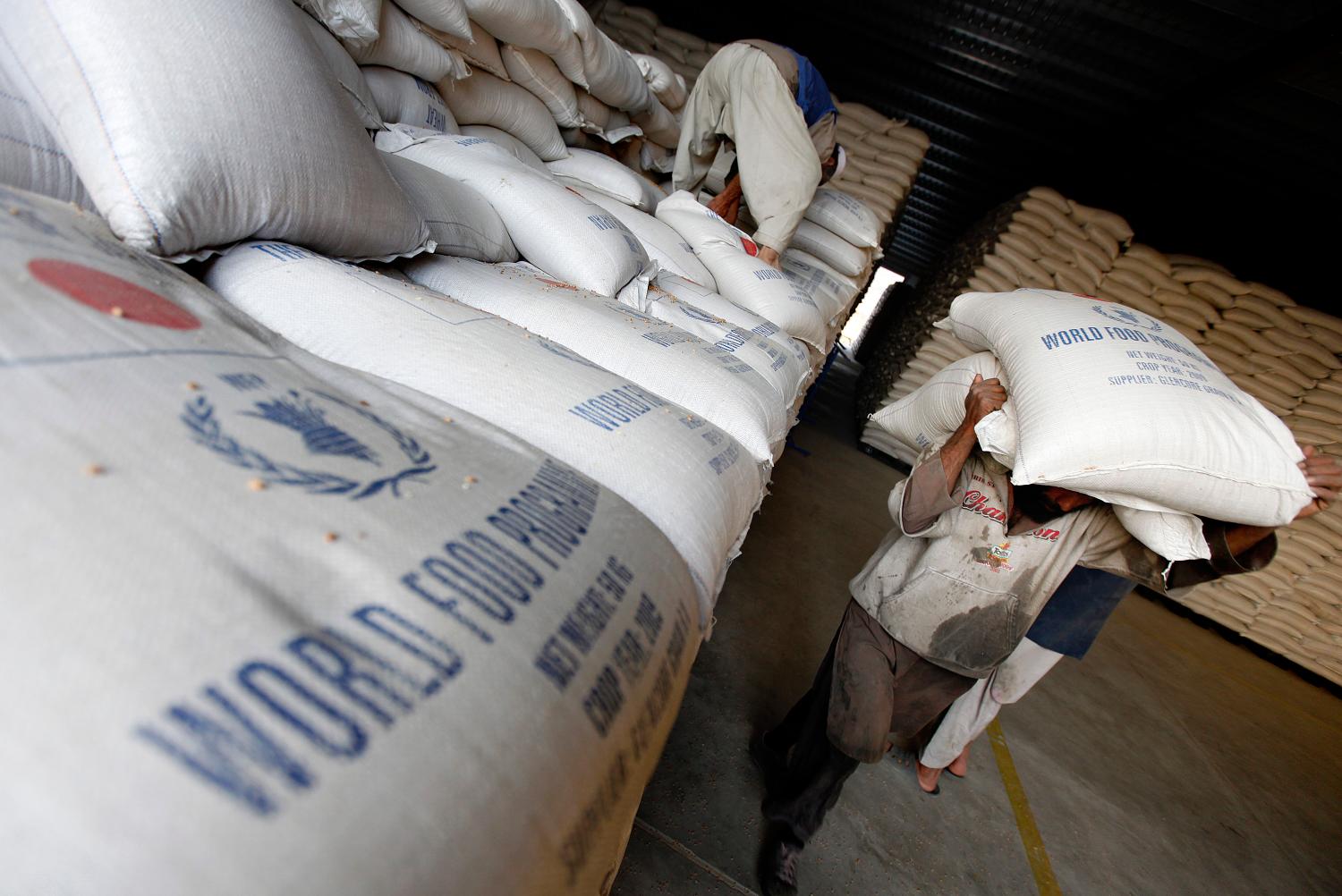A decade of reform of U.S. development assistance
programs has brought significant and important
improvement in the nature and delivery of U.S. assistance.
But the 21st century world is witnessing
constant change in development. More developing
countries are ascending to middle income status and
gaining the capability, resources, and desire to finance
and direct their own development. The rapid expansion
of private capital flows, remittances, and domestic
resources has significantly reduced the relative
role of donor assistance in financing development.
Donors are becoming more numerous and varied.
There is growing recognition that the private sector,
both nationally and internationally, is an indispensable
component of sustainable development.
With donor assistance serving as an ever smaller
share of the development equation but remaining important
for some countries and sectors and an important
tool of U.S. international engagement, the U.S.
government must fully implement suggested and already
begun reforms. This paper catalogues the principal
aid initiatives of the administrations of George W.
Bush and Barack Obama (anyone well versed in Bush
and Obama initiatives might bypass or skim this section),
presents the rationale for aid reform, identifies
eight key elements of aid reform, assesses the Bush
and Obama initiatives according to those eight elements,
and proposes a focused reform agenda for the
next several years.
This paper reports on and evaluates Bush and Obama
administration aid initiatives only as to their impact
on the aid reform agenda, not as to their broader
impact. This paper deals only with development assistance
as that has been the principal target of aid
reform efforts. It does not cover humanitarian assistance,
military assistance, or development-type assistance
that is provided by the Department of Defense.
It also does not address the large assistance programs
to front-line states like Afghanistan and Iraq, where
aid has been driven principally by political and security
objectives rather than development objectives.
The Brookings Institution is committed to quality, independence, and impact.
We are supported by a diverse array of funders. In line with our values and policies, each Brookings publication represents the sole views of its author(s).





